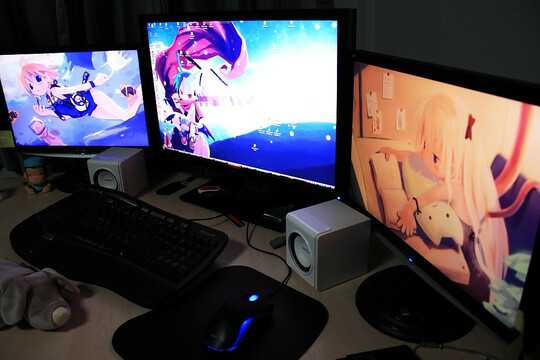5
I'm putting together a new machine and was wondering if I should pay the extra money to get a dedicated video card or just get a motherboard with on-board video...
The machine will primarily be used for .NET development of web applications and watching movies. I don't really play any games and when I do they are not that graphics intensive. I use large dual monitors.
From what I understand if you use on-board video it will just use your macines RAM for graphics processing (correct?). If this is true, then my biggest concern would be the theft of memory that could be used for something else.

1Yet, all relatively modern CPUs will play HD without video acceleration. Sometimes it is not even available, such as with ffdshow. This should be considered before paying more for a newer CPU. – mtone – 2011-01-24T00:28:14.647
1Very nice. As a matter of fact I am actually looking at getting an Intel Sandy Bridge Processor, so I think I'll drop the video card and get a few extra GB of RAM. Thanks for the help! – Abe Miessler – 2011-01-24T00:41:15.930